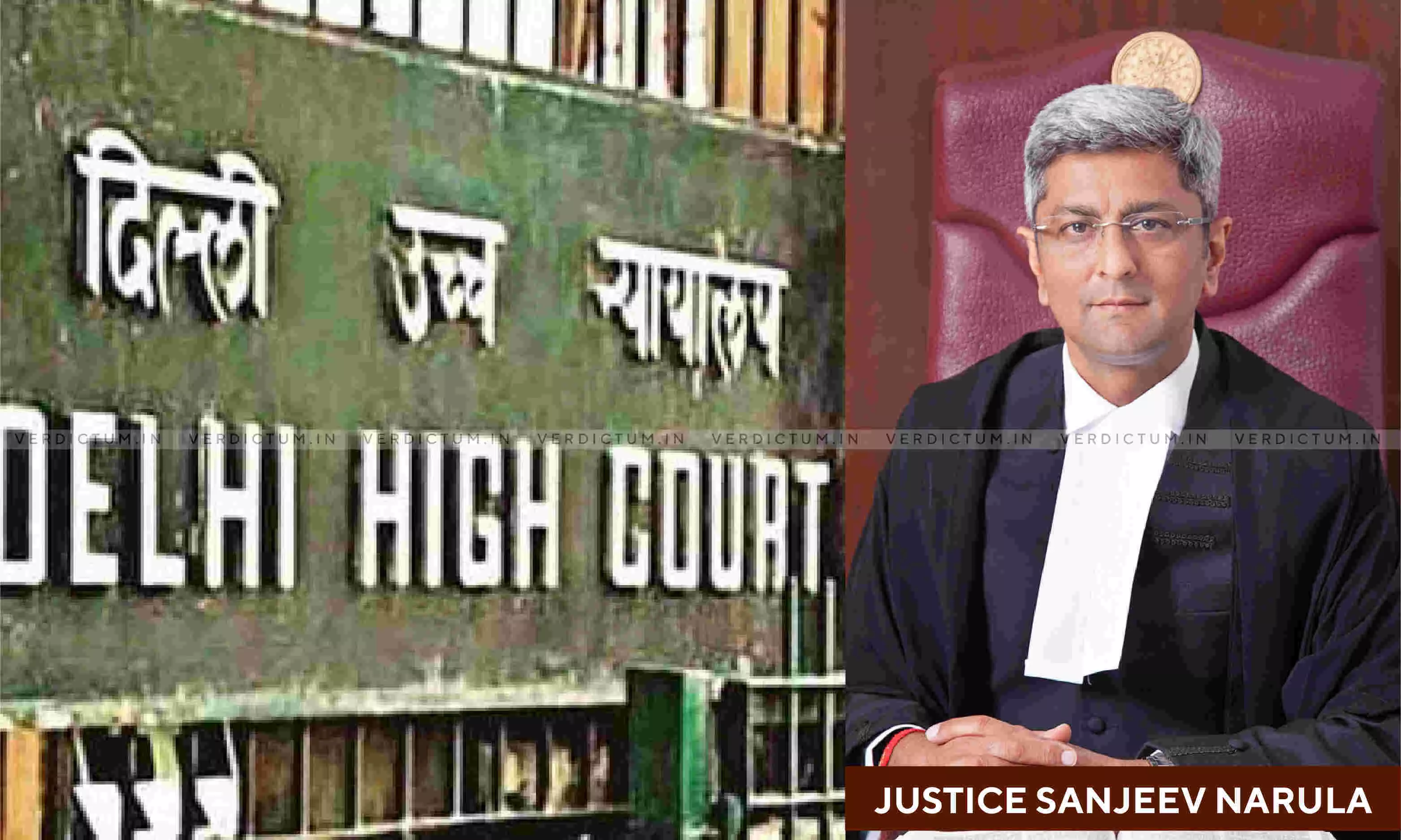
Delhi HC Directs Google To Take Down YouTube Videos Claiming Presence Of Cow Dung And Urine In Indian Food Spices
 |
|The Delhi High Court on a plea filed by Dharampal Satyapal Sons Private Limited has directed Google to take down or block YouTube videos that claimed the presence of cow dung and urine in the Indian food spices.
A Single Bench of Justice Sanjeev Narula held, “It is directed that in the event the impugned videos 1, 2 and 3 resurface on Defendant No. 1’s YouTube platform, the Plaintiff shall be at liberty to supply the concern URLs to Defendant No. 1, who shall take appropriate action to block/ take down the same, in accordance with law. However, in case Defendant No. 1 comes to the conclusion that the content is not identical to the impugned videos which have been injuncted, they shall inform the Plaintiff of the same, within a period of one week from the date of receipt of the request, whereafter Plaintiff shall be free to take recourse to appropriate measures available under law.”
The Bench said that the defendants have maliciously uploaded the videos containing derogatory and untrue remarks against Indian spices, particularly those sold under the plaintiff’s ‘CATCH’ brand, on the internet.
Advocate Vaishali Mittal appeared on behalf of the plaintiff while Advocates Mamta Rani Jha, Rohan Ahuja, and Shruttima Ehersa appeared on behalf of the defendants.
In this case, a lawsuit filed by the plaintiff sought a permanent injunction restraining defamation disparagement of its products manufactured and sold under its registered trademark ‘CATCH’ and also an infringement of copyright vested in the packaging of the said products. The plaintiff was a conglomerate that was established in 1929 having a strong presence in food and beverages, hospitality, mouth fresheners, pan masala, tobacco, agroforestry, dairy, rubber thread, and infrastructure sectors, and its trademark ‘CATCH’ has been continuously and extensively in use since 1987 for food and beverages including spices, seasoning, bottled natural spring water, tonic water, and soda.
The plaintiff’s grievance pertained to the three videos posted on the YouTube platform in the year 2020 having the following titles:
• “Indian Spices Tainted with Cow Urine Indian Food Spices Video”
• “Cow urine and powder dung sprays in Indian spices and products”
• “Buyer beware, Indian Spices Tainted with Cow Urine & Cow Dung Popular Video”
Such videos claimed that all Indian spices contain cow urine and cow dung and targeted major brands trading in spices, including the plaintiff’s CATCH brand.
The High Court after hearing the contentions of the counsel noted, “The impugned videos contain defamatory remarks against Plaintiff’s products, without any basis. Plaintiff has placed on record a list of ingredients contained in their products/ spices advertised in the impugned videos. They have obtained certifications from all concerned regulatory bodies and have even presented reports of an independent food analysis from a certified laboratory, which do not indicate presence of cow dung, cow urine or any other contaminants, as alleged in the impugned videos. There is no authoritative material or underlying reason or assumption for Defendants No. 2 and 3 to make false claims and disseminate fallacious information under the garb of revealing the ‘truth/facts about Indian spices’.”
The Court further asserted that the creators/authors have attempted to give a semblance of authenticity by displaying photographs of US FDA reports, news programmes, private studies, etc., however, there is not an iota of legitimacy in such allegations as these purported reports have been skilfully created, altered and then used mischievously, in an attempt to portray that the claims of the defendants are genuine.
“The Plaintiff has a standing in the market, as evinced by their annual sales figures, advertisement expenses etc., which is being tarnished due to the content of impugned videos. A perusal of the comments to said YouTube videos shows that members of the public are being influenced and led into believing such false statements, causing grave prejudice to Plaintiff. Considering the easy and unrestricted access, there is a high probability that the defamatory videos could be shared/ seen by a large number of unsuspecting members of the public”, observed the Court.
The Court was convinced that the creation and uploading of such videos by the defendants was a deliberate attempt to defame and disparage the plaintiff’s goods bearing the CATCH mark.
“… the Court is convinced that present is a fit case for rendering of a summary judgement in terms of Order XIII-A of the Code of Civil Procedure, 1908 as amended by Commercial Courts, Commercial Division and Commercial Appellate Division of the High Court Act, 2015 [“CPC”], read with Rule 27 of the Delhi High Court Intellectual Property Rights Division Rules, 2022. Further, since there is no written statement(s) on behalf of Defendants No. 2 and 3, despite service, the Court is empowered to pass a judgement in terms of Order VIII Rule 10 of CPC”, said the Court.
Accordingly, the Court allowed the plea.
Cause Title- Dharampal Satyapal Sons Private Limited v. Google L.L.C. & Ors. (Neutral Citation: 2023:DHC:2703)